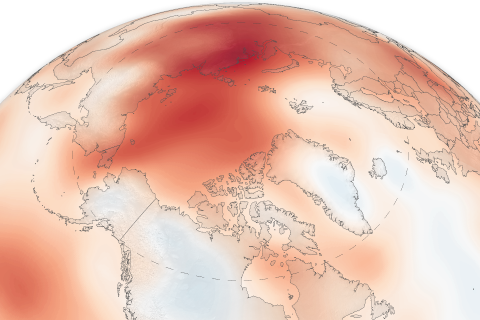
Despite a few cold spots, it was the the second-warmest year on record Arctic wide. Since 2000, Arctic temperatures have been more than twice as far above average as the planet as a whole.

The 15th installment of NOAA's Arctic Report Card NOAA's 15th Arctic Report Card catalogs the numerous ways that climate change continues to disrupt the polar region.
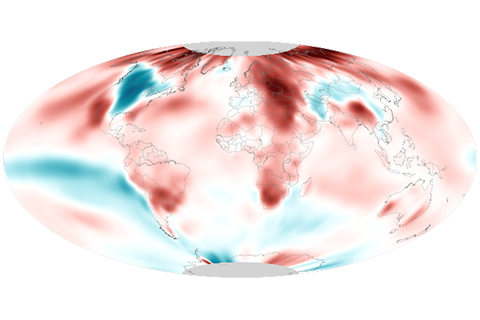
October 2020 was the fourth warmest October on record dating back to 1880, which makes it the lowest-ranked month so far in 2020.
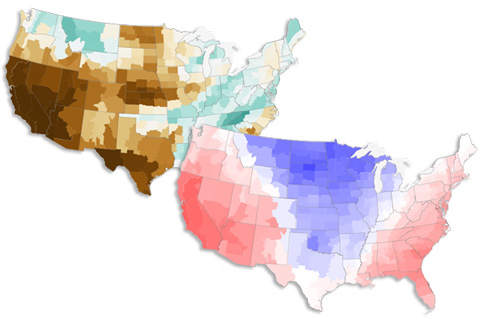
Unseasonable cold in the Rockies, Northern Plains, and Great Lakes were balanced by much warmer than average conditions in the Southwest and Southeast coastal states.
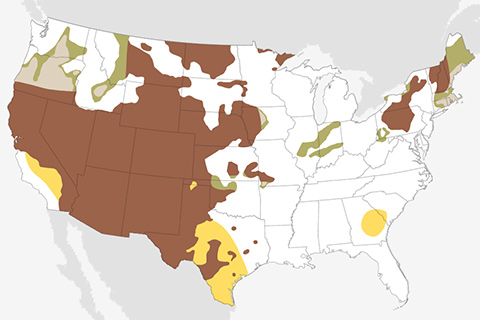
November 2020 is favored to be warmer than average for much of the United States and drier than average across the southern US.
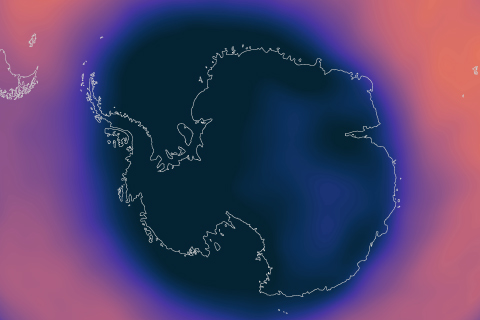
A strong polar vortex supported the formation of a large and deep Antarctic ozone hole in September 2020 that should persist into November, NOAA and NASA scientists reported today.
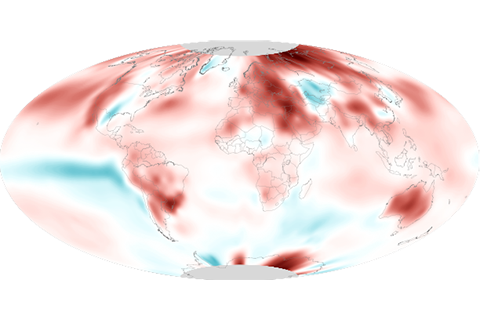
September 2020 was the hottest September on record for the globe, continuing a sweltering year.
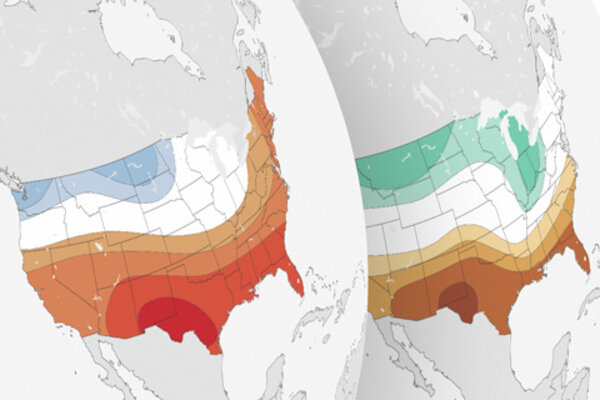
2020-21 Winter outlook leans warm and dry across southern U.S.
October 15, 2020

Climate.gov talks with Emily Fischer—an early-career atmospheric scientist and educator who has already made significant contributions to Earth science and fostering greater inclusion of women in the geosciences.
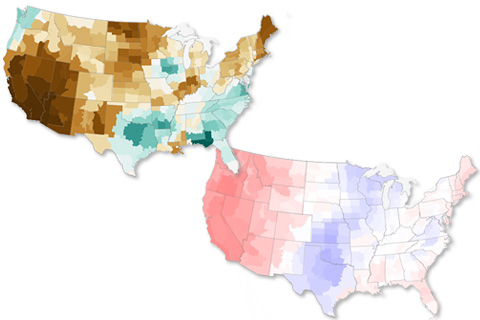
The soaking brought to the Gulf region by tropical cyclones in September 2020 contrasted starkly with the hot, dry conditions in the West.